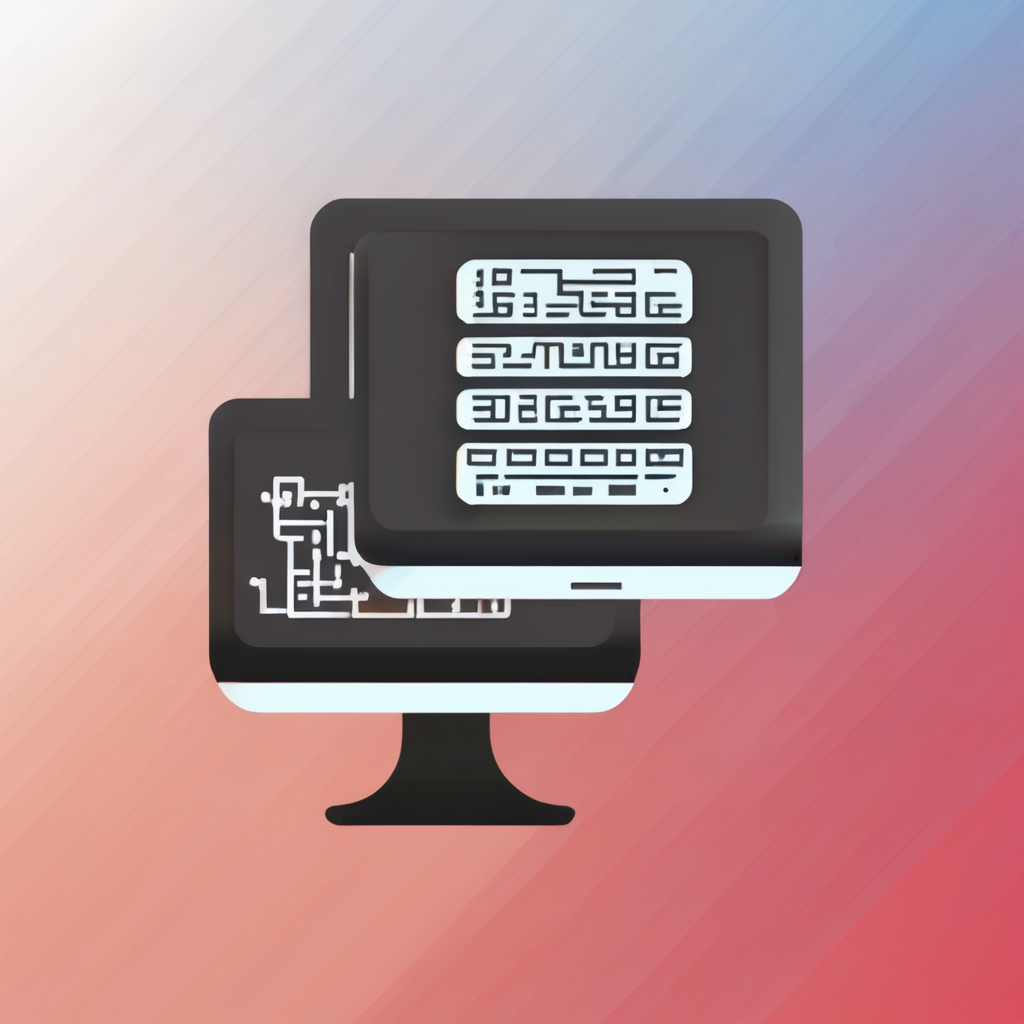Overview of Smartphone Adoption and Usage in the UK
The smartphone penetration rates in the UK have exceeded 85%, indicating that most adults own a smartphone. Recent smartphone usage statistics UK highlight that the average user spends over three hours daily on their devices, mainly for social media, communication, and entertainment. This widespread adoption reflects how integral smartphones have become to daily life.
Demographically, younger age groups—particularly those aged 18 to 34—show the highest smartphone usage statistics UK, with almost universal ownership. Older populations, while slower to adopt, have seen steady growth in smartphone penetration rates, especially among those aged 55 to 64. This shift underlines the evolving nature of digital literacy across generations.
In parallel : What are the benefits of augmented reality in UK smartphones?
Current digital trends UK reveal that the reliance on smartphones for accessing services like banking, shopping, and health information is intensifying. The shift toward remote work and digital communication, accelerated by recent global events, also contributes to this. Such patterns underscore increasing dependence on smartphones not just for connectivity but for essential daily functions in UK society.
Influence of Smartphones on Work and Productivity
Smartphones have become central to work practices in the UK, dramatically altering daily routines and business operations. The seamless connectivity offered by mobile technology enables employees to stay in touch with colleagues and access work resources anytime. This shift supports the growing trend of remote working, where professionals are no longer bound to traditional office spaces.
Have you seen this : How Do Smartphones Impact Our Everyday Lives in the UK?
The productivity impact of smartphones is multifaceted. On one hand, they enhance efficiency by providing instant communication, real-time collaboration tools, and access to cloud-based applications. UK companies increasingly leverage these benefits to streamline workflows and respond swiftly to client demands. On the other hand, distractions from notifications and non-work-related apps can reduce focus, posing challenges to maintaining productivity.
Several UK businesses illustrate this duality by implementing policies that balance smartphone use. For example, organizations encourage dedicated “quiet hours” to minimize interruptions, alongside promoting mobile-friendly platforms to facilitate effective remote work. This adaptive approach helps to maximize the advantages of smartphones while addressing potential productivity pitfalls.
Overall, smartphones continue to redefine how work is conducted in the UK. Recognizing their intrinsic role is key for companies aiming to harness mobile technology’s full potential in evolving work environments.
Changing Communication Patterns and Social Connections
Smartphones have fundamentally transformed digital communication in the UK, reshaping how people connect daily. The shift from traditional face-to-face or voice interactions to instant messaging and social media platforms has introduced new communication norms. Immediacy and accessibility have become expectations, with people often anticipating quick replies via apps like WhatsApp or Facebook Messenger. This accessibility allows UK residents to maintain broader networks but also creates pressures around response times and constant availability.
Social media use intensifies this dynamic by offering curated glimpses into others’ lives, affecting perceptions and interpersonal relationships. The ability to interact through posts, comments, and likes means communication is no longer just direct but often public or semi-public, influencing social contexts. These platforms can strengthen bonds by facilitating shared experiences but can also foster misunderstandings when tone and intent are unclear.
The change in communication patterns reflects evolving social connections in the UK. While smartphones and messaging apps enhance connection opportunities, they also challenge users to balance digital interactions with meaningful in-person relationships. Understanding this balance remains crucial to navigating modern interpersonal dynamics effectively.
Smartphones and Leisure Activities
Exploring modern digital pastimes
In the UK, mobile entertainment has transformed how people spend their leisure time. The rise of mobile gaming, streaming, and on-the-go content consumption dominates daily routines. Popular apps like BBC iPlayer and Spotify cater specifically to UK audiences, fueling trends in digital hobbies. Users engage in everything from casual gaming to binge-watching series during commutes or breaks.
Smartphones serve not only as entertainment hubs but also as gateways to discovering new hobbies. From language learning apps to fitness trackers, the diversity of digital platforms supports varied interests. This helps users immerse themselves in communities centered around shared activities, enhancing social interaction beyond physical boundaries.
Current app usage trends highlight a preference for convenience and personalization. People increasingly rely on mobile apps to access tailored content, join interest groups, and participate in challenges or events. Hence, smartphones do not merely provide entertainment; they actively encourage exploration and connectedness in leisure activities across the UK.
Potential Negative Impacts: Distraction and Wellbeing
Understanding the subtle challenges of smartphone usage
Smartphone addiction in the UK has raised significant concerns about distraction and digital wellbeing. Frequent notifications and constant connectivity encourage multitasking, which often leads to decreased focus and impaired productivity. Users find themselves switching rapidly between tasks, reducing the depth of attention and increasing cognitive load.
Mental health implications linked to excessive screen time are substantial. Studies within the UK highlight correlations between high screen time and increased feelings of anxiety, stress, and sleep disturbances. Experts emphasize that prolonged smartphone use can exacerbate symptoms of depression and reduce overall emotional resilience.
National research underscores the need for effective screen time management strategies to mitigate these negative effects. Approaches like scheduled device-free periods and mindful usage aim to restore balance in digital habits. Prioritizing digital wellbeing is crucial to counter phone-related stress, improve mental health, and maintain a healthy relationship with technology.
By addressing the distractions caused by smartphone addiction UK users can improve both their concentration and general wellness. Clear guidelines and awareness initiatives help users recognize when screen time concerns are affecting their daily life, encouraging proactive adjustments before long-term damage occurs.
Expert Perspectives and Cultural Differences
Digital lifestyle experts in the UK emphasize that smartphone integration significantly shapes daily habits and social behaviors. Healthcare professionals note varying impacts on mental well-being, often influenced by age and cultural context. For example, younger generations tend to embrace constant connectivity, valuing the convenience and social engagement it offers. In contrast, older adults sometimes express concerns about over-reliance on screens and privacy issues.
Cultural attitudes also differ between urban and rural UK communities. Urban residents typically have faster access to digital infrastructure and demonstrated quicker adoption of smartphone technologies for everything from healthcare apps to social networking. Rural communities, while increasingly connected, may maintain more cautious or traditional views, prioritizing face-to-face interactions over digital substitutes.
Researchers in the UK suggest these regional and generational differences reflect broader societal trends. Urban, tech-savvy groups advocate for seamless smartphone integration, seeing it as enhancing productivity and access to services. Meanwhile, some rural and older populations highlight the need for balance to prevent digital exclusion.
Understanding these perspectives helps frame the evolving relationship between technology and lifestyle in the UK, revealing how cultural context shapes acceptance and usage patterns of smartphones.
Strategies for Healthier Smartphone Use
Finding a digital balance is essential to maintaining wellness in an era dominated by smartphones. Practical smartphone use tips UK residents can adopt include setting strict time limits for daily screen exposure. For example, activating “Do Not Disturb” modes during meals or before bedtime helps reduce distractions and improve sleep quality. Allocating specific times for checking messages or social media prevents aimless scrolling, promoting more mindful interaction with technology.
UK health organizations advocate for integrating healthy habits such as regular breaks away from screens—ideally every hour—to reduce eye strain and mental fatigue. Additionally, customizing notifications can minimize unnecessary alerts that encourage compulsive phone checking. These adjustments contribute to a well-rounded digital routine.
Several initiatives in the UK aim to support these efforts, including digital detox campaigns and apps designed to monitor phone usage. Employing these tools can help users gain better control of their habits. Tailoring practices to individual lifestyles—whether for students juggling study demands or professionals managing work-life boundaries—ensures a sustainable digital balance. This personalized approach empowers users to maintain healthier connections with their devices while prioritizing overall wellbeing.

